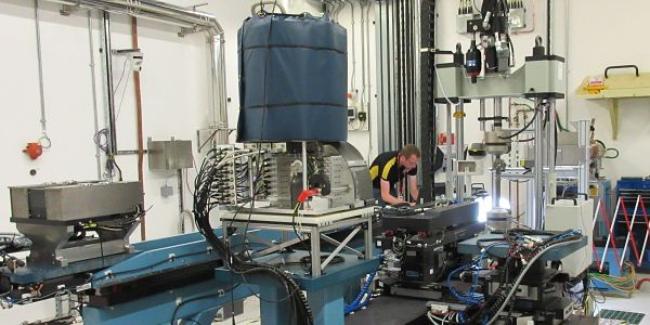Characterisation and Prediction of Damage in Engineering Components

Even today, the failure of engineering components and structures as a result of fracture, fatigue, creep and corrosion is not an uncommon event. With a greater understanding of these failure mechanisms, we aim to prevent them – particularly through the development of improved methods for assessing the integrity of safety-critical components. We operate an extensive range of experimental facilities for materials testing and we also have significant theoretical and computational capabilities.
Working closely with the aerospace and power industries, we aim to forward the understanding of the fracture and fatigue to allow more efficient and reliable use of metals. An extensive range of experimental facilities are available for fatigue and fracture testing. We use a wide range of servo-hydraulic machines for static and cyclic strain testing, with variable-frequency fatigue and thermo-mechanical strain capability.
Our dedicated creep laboratory allows us to investigate fracture at high-temperature under conditions of material visco-plasticity. The group has extensive computing facilities to allow complex finite element analysis, and is a frequent user of international neutron scattering and synchrotron X-ray scattering facilities.